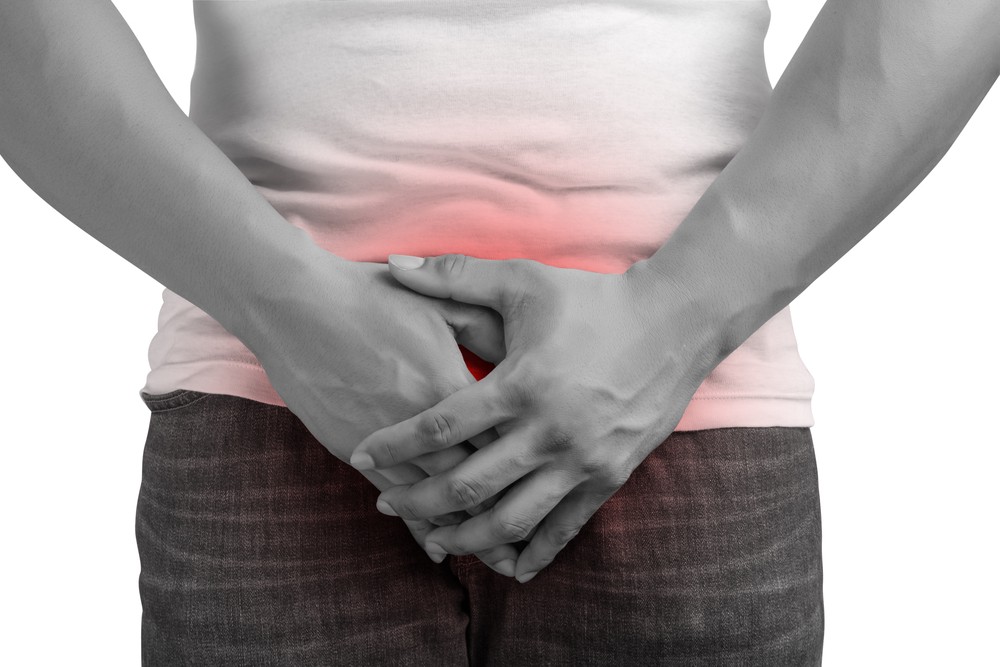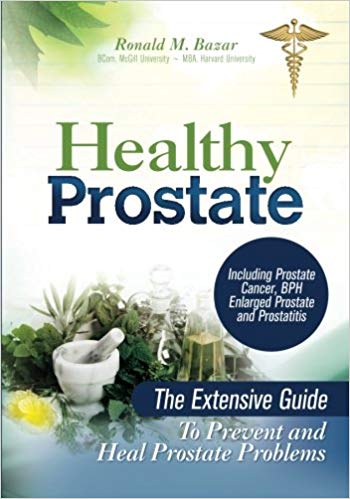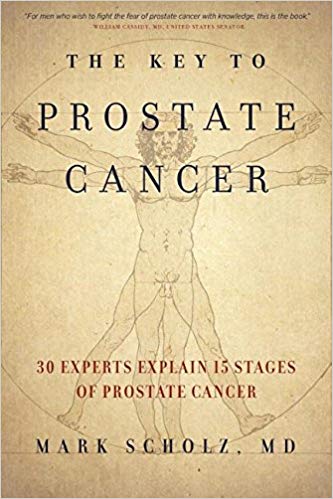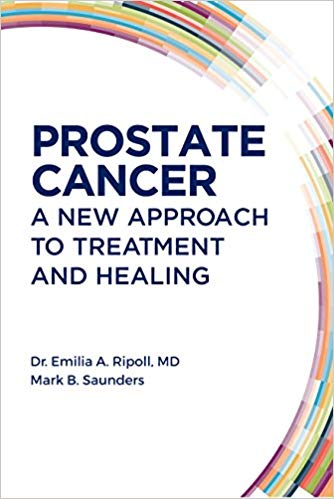Prostate problems can occur frequently among men, especially after they hit 50 years old. While it may sometimes be cancerous, fortunately, such cases are quite rare and usually treatable.
What is a prostate?
Before we can take a look at prostate problems, first we need to understand what a prostate is.
Most men are unsure what their prostate does. It is a small gland that is a part of your male reproductive system. Usually about the size of a walnut, it is located below your bladder in front of your rectum.
Your prostate surrounds the tube in your penis that carries your urine (urethra) and produces the fluid that makes up your semen.
Types of common prostate problems
While only 1 out of 7 men is diagnosed medically with prostate cancer, there are other more common prostate problems that men encounter:
Enlarged prostate
An enlarged prostate is a normal process that happens as men they age.
The prostate goes through two growth spurts. The first growth spurt is during puberty, where there is an increase of testosterone levels.
For uncertain reasons, there is also a second growth spurt that begins when men reach their 30s. This growth goes on all the way until men are in their 70s.
By 60, the size your prostate may have grown from a walnut to a lemon. The enlarged prostate can press on your urethra, creating pressure that causes pain when urinating. This is medically known as BPH or benign prostatic hyperplasia.
Prostatitis – inflammation or infection of the prostate
Prostatitis can occur due to bacterial infections, which can occur when bacteria from your urine seeps into your prostate.
Sometimes trauma or surgical nerve damage to the lower urinary tract can also cause prostatitis. The doctor usually prescribes antibiotics to treat prostatitis.
If left untreated, prostatitis can result in bacterial infection of the blood, semen abnormalities, and even infertility. But despite these complications, there is no conclusive evidence that prostatitis leads to prostate cancer.
Prostate cancer
Cells that make up the outside of the prostate can turn cancerous, which results in prostate cancer. Like most forms of cancers, prostate cancer is a silent killer.
If left undetected and untreated, the cancerous cells can spread to any organ tissue in the body, even the bone.
While there is no substantial evidence on the causes of prostate cancer, doctors often attribute to smoking and family history as the main risk factors.
Symptoms to look out for
1. Needing to urinate more often than usual, including at night
A problematic prostate can keep you up at night, making you get out of bed to go to the toilet.
2. Sharp pain when starting to urinate
Experiencing pain during urination can mean there is an infection in your urinary tract, or something is wrong your prostate.
3. Loss of urine control
If you are experiencing a weak urine flow or take a long time to finish your urinating, it is a good indicator of poor prostate health. Loss of control includes excess dribbling of urine after you’ve completed.
4. Pain or stiffness in the hip bone and lower back region
This is a common symptom experienced by women when they are suffering from urinary tract infections or menstrual cramps. Men should also take heed when they encounter these.
5. Unable to get an erection
Prostate problems can often be mistaken for erectile dysfunction. An enlarged prostate may restrict blood flow to the penis, hamper nerve functions, both can result in being unable to get a proper erection.
Final thoughts
Because the prostate is in such close proximity to your urinary tube, most urinary problems are symptoms related to your prostate.
However, do also note that urinary issues are common byproducts of old age, not always a sign of a prostate problem. Similarly, an enlarged prostate does not always cause urinary problems.
Urinary difficulties and symptoms are seldom symptoms of prostate cancer. A man may not show any signs and yet can still have prostate cancer.
Always seek medical help from a medical professional if you have any questions about your prostate health. If you are 50 and above, it is recommended that you get yourself tested for prostate cancer.
Best Prostate Problems Tips and Treatments














